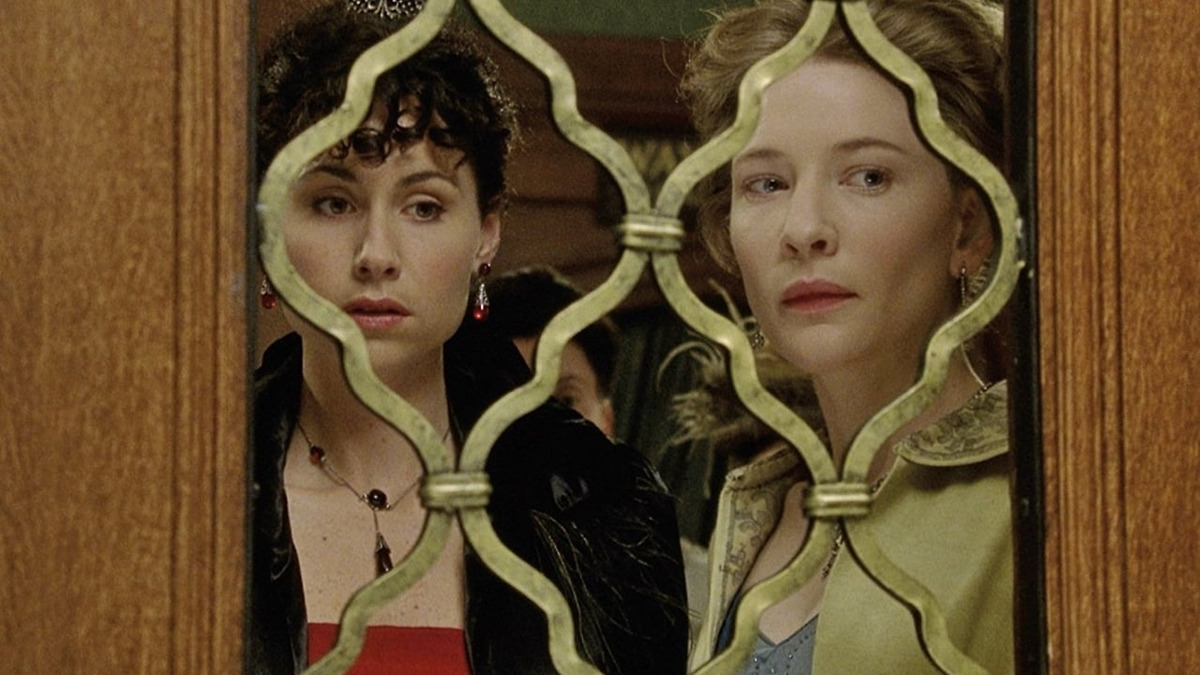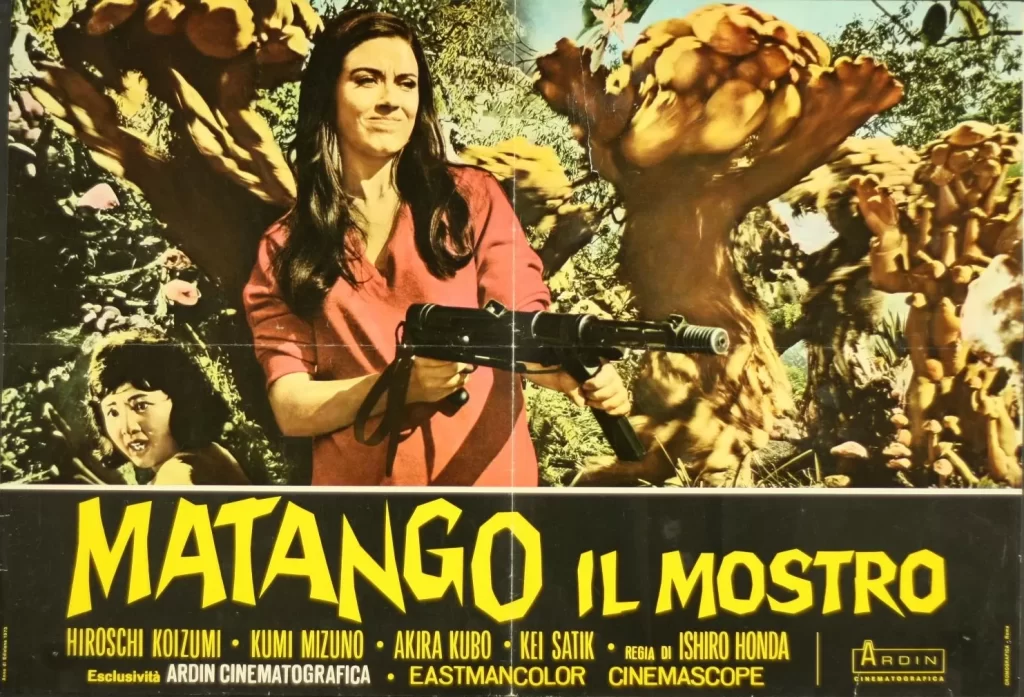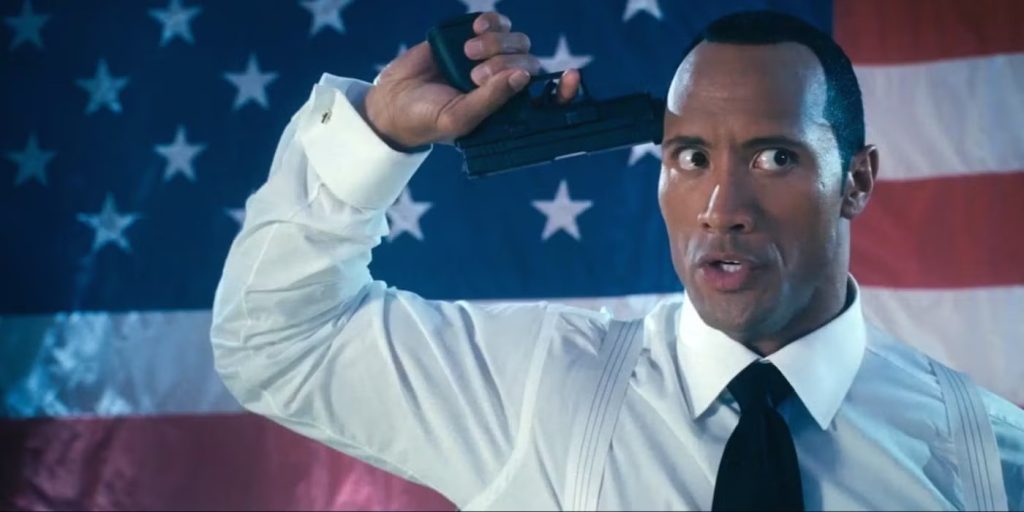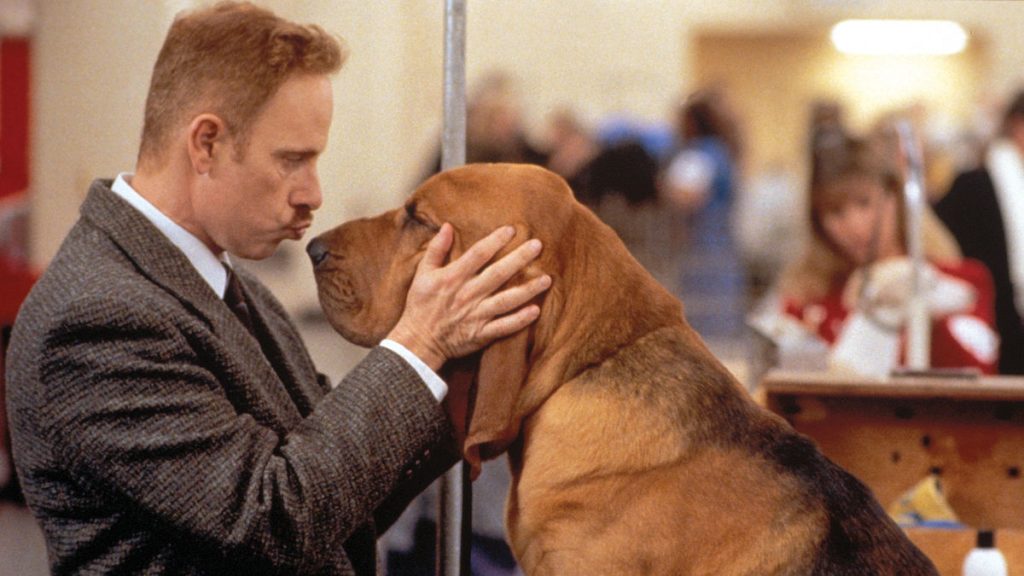Welcome to Harvey’s Hellhole, a monthly column devoted to spotlighting the movies that were poorly marketed, mishandled, reshaped, neglected or just straight-up destroyed by Harvey Weinstein during his reign as one of the most powerful studio chiefs in Hollywood. This month marks Oscar Wilde’s 170th birthday (and next month marks the 124th anniversary of his death) so let’s go back to that brief time when Harvey was in the Oscar Wilde-adapting business.
“I can’t think of a better friend to British cinema — long may he continue.”
This is what Barnaby Thompson said in 2002 when The Importance of Being Earnest, the Oscar Wilde adaptation he produced, was distributed by Miramax that year. This was the second time Thompson (who was a co-producer on the Wayne’s World movies and ran the legendary Ealing Studios for fourteen years) made a movie based on a Wilde work that Harvey and them brought to North American theaters.
In the late ‘90s, Oscar Wilde was becoming an in-vogue figure again, especially at the art houses. Veteran Brit funnyman Stephen Fry landed a Golden Globe nod for Best Actor in a Drama for his star turn as the flamboyant British writer in the 1997 biopic Wilde. And, in 1999, Thompson teamed with writer-director Oliver Parker (who directed that smoldering 1995 retelling of William Shakespeare’s Othello, starring Laurence Fishburne and Kenneth Branagh) for a big-screen version of Wilde’s 1895 four-act play An Ideal Husband. Although Husband has begat plenty of big- and small-screen adaptations (another British-made movie version came out the year after Parker’s), the filmmakers rounded up some rising stars to populate this likable, wondrously witty redux.
Rupert Everett, still riding high from his scene-stealing turn as Julia Roberts’s gay bestie in My Best Friend’s Wedding, is Lord Goring, a self-centered bachelor who prefers to stay single amongst the mostly married, high-society folk in pre-turn-of-the-century England. His best friend, Parliament member Sir Robert Chiltern (Jeremy Northam), gets into some scandalous trouble when Lady Laura Cheveley (a shit-stirring Julianne Moore), a former paramour of Goring’s, comes to town with a letter that could damage Chiltern’s reputation if he doesn’t support a bill that Chiltern considers to be a fraudulent scheme. It could also wreck Chiltern’s marriage to his wife Gertrude (Cate Blanchett, very demure and mindful), who believes her husband is just as honest and noble as she is.
The usually cavalier Goring goes into white-knight mode, suavely trying to keep his ex from destroying the life and marriage of his friends. He also grapples with his feelings for Miss Mabel (Minnie Driver), Chiltern’s little sister, who has quite the clever, charming chemistry with the sharp-dressed smart-ass.
Financed by Mel Gibson’s Icon Productions, Husband was the type of movie that Weinstein relished distributing in his prime. (Before its official stateside release, he got Cannes to make it that year’s closing-night selection.) It’s a middlebrow British film that could easily win over art-house snobs, date-night couples, and older moviegoers seeking grown-up cinema, starring a devilishly handsome (albeit out-and-proud), promising matinee idol, as well as three, young-at-the-time ingenues who each already had an Oscar nomination under their belts.
Since this is a Hellhole column, this is the part where I talk about a couple of those ingenues later admitting to having problems with Weinstein. Blanchett said in 2018 that he did behave badly around her. “I think he really primarily preyed, like most predators, on the vulnerable,” she said. “I mean, I got a bad feeling from him. . . . He would often say to me, ‘We’re not friends.’”
A couple of years ago, Driver alleged in an interview that, during the filming of Good Will Hunting (where she was star Matt Damon’s girlfriend on- and off-screen), Weinstein told a casting director, along with Damon and some producers, that “nobody would want to fuck her.” While a rep for Weinstein denied he ever said such a thing (even boasting that Weinstein later cast Driver in Husband and Ella Enchanted, another Miramax film, in 2004), you know gotdamn well he said it!
Back to Husband. While Parker threw in a few twists to keep things salacious and suspenseful (like the impromptu wager Goring and Cheveley engage in over whether or not Chiltern will succumb to blackmail), it wasn’t disrespectful enough for Wilde purists to cry foul. The £6.5 million (estimated over $8 million) Husband was Miramax’s lone hit during that amazing (but dreadful for them) summer of ‘99, grossing a modest $18 million worldwide.
Husband is also notable for being one of the two movies (Star Wars: Episode I – The Phantom Menace was the other) that was shown digitally in a few theaters in New York and Los Angeles. I remember New York Press film critic Armond White saying that Husband’s digital projection “looks horrid, and the gall to pass it off as an adequate alternative to film projection is as philistine as the recent Miramaxing of British literature.“ Ever the celluloid doomsayer, White prophetically added, “If this succeeds, the culture fails.”

Since Husband was a success, Parker, Thompson and Everett reunited three years later for Earnest, another Wilde play that has been adapted myriad times. (A modern-day version featuring an all-black cast came out ten years before.) Everett once again plays the charming cad, a debt-accumulating playboy named Algy.
The screwballsiness gets amped up to eleven in this ditzy, dizzying farce, as Everett and Colin Firth play Victorian-era pals whose knack for living double lives gets them in hot water with their prim, proper, romance-starved brides-to-be, played by Frances O’Connor and Reese Witherspoon. Thankfully, both O’Connor and Witherspoon dodged Weinstein’s lecherous ass during production. O’Connor later said in a 2018 interview that her agent advised her to not fall for Weinstein’s frequent requests to attend a party in his hotel room.
Although the movie earned some favorable reviews, the relentlessly convoluted, downright-absurd shenanigans in this drawing-room comedy of manners didn’t click with audiences. The $15 million Earnest only made $17 million worldwide.
But the meager box-office receipts didn’t stop Parker, Thompson or Everett from dipping in the Wilde well once again. In 2009, Parker and Thompson went dark and made Dorian Gray, a horror-fantasy adaptation of Wilde’s 1890 novel The Picture of Dorian Gray, which was distributed by Momentum Pictures. Firth co-stars as a charismatic lord. As for Everett, he would eventually star in his own Oscar Wilde biopic, titled The Happy Prince (which marked his directorial debut) in 2018.
It’s fitting that Earnest would be the last Wilde adaptation that was released during Weinstein’s Miramax reign. The play debuted in April 1895, a few weeks before Wilde went on trial for “gross indecency.” Many memoirs have called out his dalliances with teenage boys, even claiming that Wilde wrote Earnest while paying a sixteen-year-old kid for sex.
While some Wilde enthusiasts have stated that he was no Harvey Weinstein (“For the most part he was a kind and generous figure,” a 2020 blog post stated), you can’t help but wonder if Weinstein distributed Earnest and Husband because they were created by a brilliant, sophisticated and perverted man of the people — which I’m sure is what Weinstein also thought of himself.
“An Ideal Husband” used to be Hoopla, but now it’s not. “The Importance of Being Earnest” is still over there tho.



